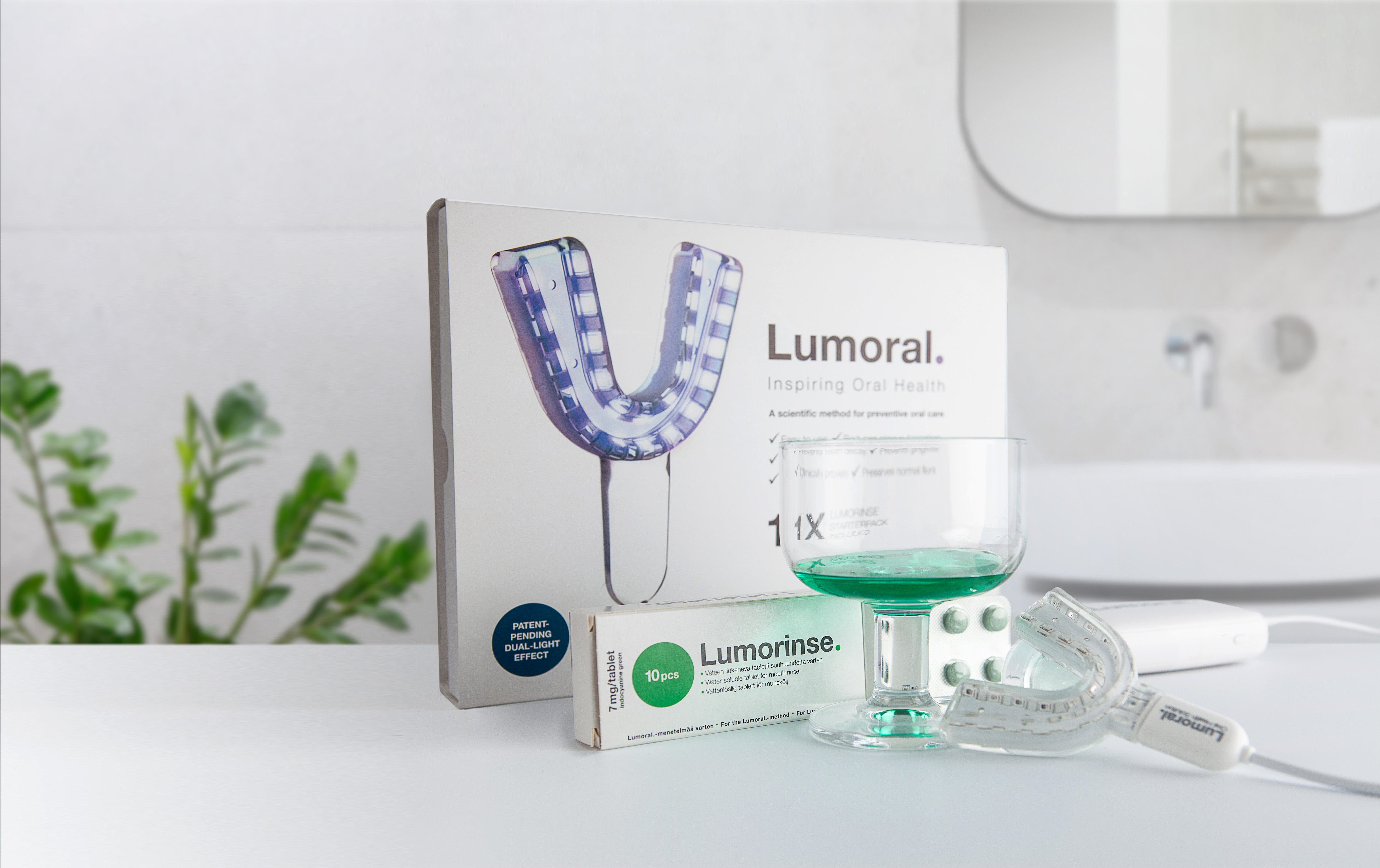- All posts
- 8 Media Venture
- althetics
- aMMP8
- Annimari Korte
- Antibiotic resistance
- Apotek Härtat
- Aqua Dental
- athlete
- Award
- Baltics
- Bonnier
- Bonnier News
- Brain health
- Business
- Cancer
- cardiovascular disease
- caries
- Chemo therapy
- children
- collaboration agreement
- Croatia
- Denmark
- Denta
- Dental erosion
- Dentex
- diabetes
- Dual Light
- Duodecim
- EFP
- EFR
- Estonia
- EuroPerio
- event
- Expodental
- FIBO
- fund raising
- general health
- Gingivitis
- Gum disease
- HAP
- HealthHub Pharma
- HIDES
- Hospital infections
- hospital-acquired pneumonia
- IBD
- Iceland
- IDS COLOGNE
- implantology
- invest
- investment
- italy
- Koite Health
- Latvia
- Lithuania
- lumoral
- Lumoral App
- Lumoral Junior
- Maritime industry
- Media
- MegaGen
- Movie
- News
- Nordic markets
- Nordics
- O
- Olympics
- Oral health
- Oral hygiene
- Oral mucositis
- Patent
- PDT
- peri-implantitis
- Perio Master Clinic
- Periodontitis
- periodontology
- Photodynamic therapy
- Press
- Ranking
- Romania
- Scandinavian Society of Periodontology
- Science
- Seafarer
- Seedtable
- share issue
- Shareissue
- Siblings movie
- Spain
- spots
- Stroke
- Study
- sweden
- Tartar
- techtour
- Thailand
- UK
- United States
- Valentine's Day
- WHO
- World Cancer Day
- World Health Day
- World Heart Day
- world oral health day
- World Smile Day

Oral Health and Brain Health: The Crucial Connection for Overall Well-being
Dental and oral bacteria have been linked to numerous chronic diseases throughout the body. Recent research indicates that thorough brushing and regular dental visits can also play a role in preven...

Nokia Rubber Workers' Sickness Fund Invests in Oral Health: Lumoral Reimbursement Added to Benefits
The Nokia Rubber Workers' Sickness Fund (Nokian Kumiväen Sairauskassa) has entered into a partnership agreement with Finnish health technology company Koite Health Oy, deciding to increasingly focu...

Periodontitis and Diabetes: The Connection Between Two Common Diseases
Periodontitis and diabetes are two prevalent diseases with a strong bidirectional relationship between them. Poorly managed diabetes promotes the progression of periodontitis and complicates its tr...

In the field of dental care, changes are constant as fresh ideas shape the industry. A recent collaboration agreement between Finland’s Koite Health Ltd and Trading Co., Ltd. from Thailand is set t...

Finnish Medical Society Duodecim highlights Lumoral as a breakthrough in Finnish healthcare
Duodecim, Finland's leading medical association, has published the book "The Healing Power of Medicine" (Lääketieteen Parantava Voima), which presents Finnish advancements in healthcare for disease...

Lumoral: Significant steps in antibacterial oral care research
The Finnish oral care innovation Lumoral is of great interest to the academic world, and several new Lumoral studies have been launched in recent months. Koite Health Ltd’s Clinical Project Manager...